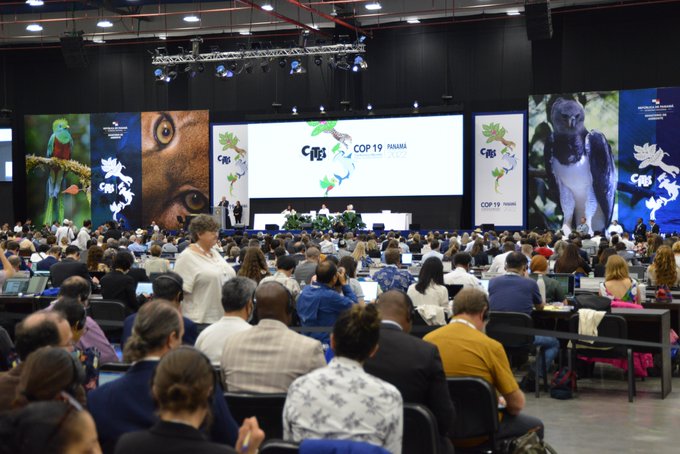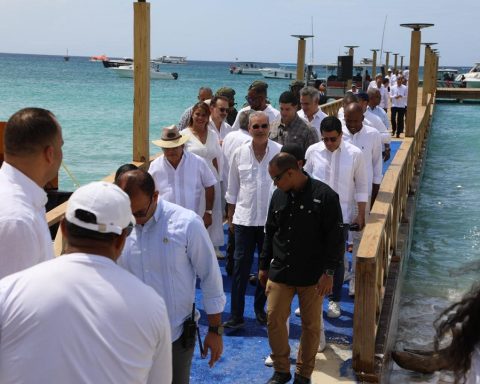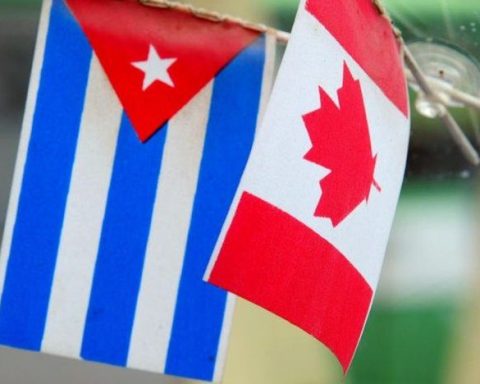Editorial RADIO PANAMA
More than three thousand delegates from different continents, from 184 countries and international agencies, organizations and institutions, have gathered in Panama to attend the Summit of the Parties (COP19) of the Convention on International Trade in Endangered Species of Wild Fauna and Flora (CITES), which will define future policies that seek to protect biodiversity (animals and plants) on a planetary scale and achieve a balance.
The objective of this summit meeting is to analyze the current situation of international trade in animal and plant species, take action on various cases and define the future of this great international market.
Specifically, during COP 19, 600 species are being analyzed: sharks, turtles, fish, elephants, rhinos, hippos, lizards, songbirds, frogs, orchids and 200 species of trees, additional CITES decisions will be made in the fight against zoonotic diseases and biological/genetic modified specimens.
Present at the inauguration of this meeting were the Vice President of the Republic, José Gabriel Carrizo, the Minister of the Environment, Milciades Concepción, the executive director of CITES Ivonne Higuero, Sonja Leighton-Kone, interim deputy executive director of UN Environment and executives of organizations international and national.
When speaking, the Vice President of the Republic, José G. Carrizo Jaén, highlighted that “Panama is a great country, which looks towards sustainable development, because through its people it has led great fights against climate change and the deforestation and managed to be one of the three negative carbon countries in the world”. He added that in the country, “hundreds of researchers have laid the foundations for scientific discoveries of medicines against cancer, natural pesticides and the sustainable use of that knowledge for human well-being.”
The Minister of the Environment, Milciades Concepción, referred to the commitment “to the conservation, protection and sustainable use of resources and we permanently fight against activities that impact it both internally and internationally, especially with the allies of the region who are here. present, and with whom we share large numbers of species.
The executive director of CITES, Ivonne Higuero, highlighted the importance of holding this summit in Panama where very important decisions on wildlife conservation will be made, specifically on international trade in wildlife.
Higuero also emphasized that “a lot of biodiversity is being lost, which endangers the future of the new generations, which is why 183 countries and the European Union are going to meet to make decisions and be able to make the change that is needed. to lower that loss of biodiversity and it is so dangerous for us in the world”, he argued.
UN Environment Acting Deputy Executive Director Sonja Leighton-Kone said that by joining forces we are better positioned to mobilize both global resources and national capacities and coherence. “This is necessary to reverse the planetary triple crisis of climate change, biodiversity loss, and pollution and waste, in order to secure our common future,” said Ms Leighton-Kone.
At COP19, Panama proposes the inclusion of 19 species of carcharinid sharks (or requiem sharks in English) that are endangered and critically endangered, and includes the other members of the Carcharhinidae family as similar, due to the similarity of regularly traded products (mainly fins and meat) on CITES Appendix II.
With the inclusion of this family in Appendix II of CITES, as well as the family of hammerheads and guitar sharks, history would be made since most of the shark fin trade would come under CITES regulation.
As for the Requiem sharks, 68% of that family is already in danger of extinction, so this action is clearly justified if the intention of CITES Appendix II is to be fulfilled, to regulate trade in species that are not yet listed. in danger of extinction. As you know, Appendix II regulates, but does not prohibit, the international trade of these specimens, it ensures that they are legal and sustainable.
It is important to mention that so far there are some 52 proposals to be presented at the CITES COP 19, of which 30 will be presented in Central America, South America and the Caribbean and of which Panama has promoted 9 of them, including the inclusion of 19 species of sharks in Appendix II of CITES the most representative.











